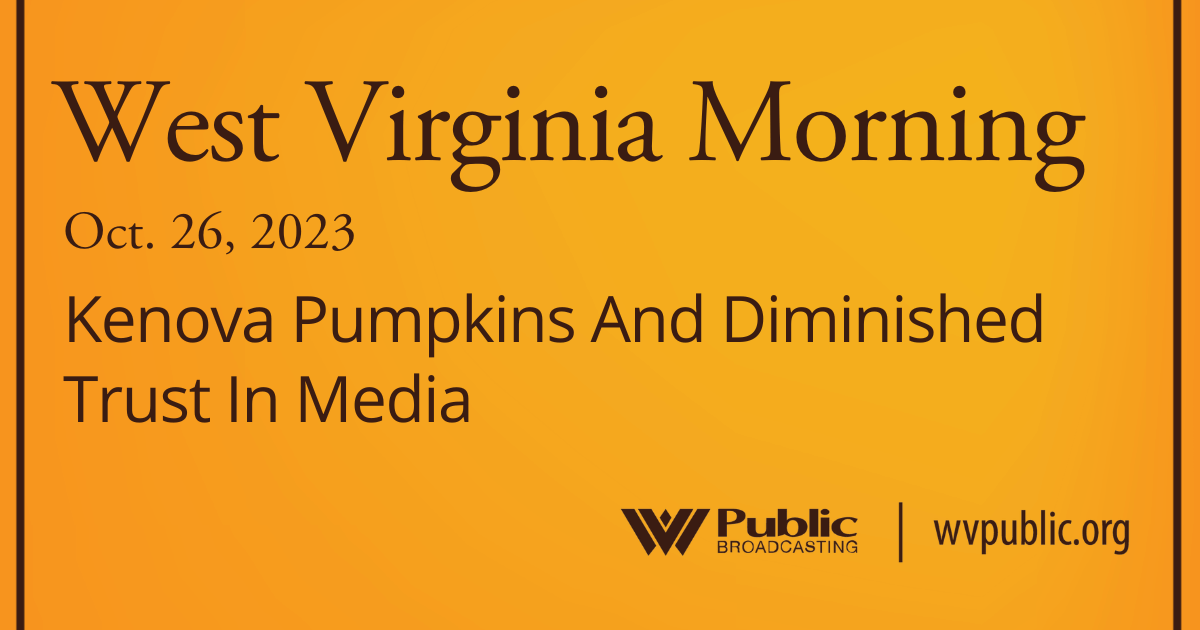Students on West Virginia University’s Morgantown campus held a rally in support of Palestine Wednesday.
Updated on Friday, Oct. 13, 2023 at 10:35 a.m.
Students on West Virginia University’s Morgantown campus held a rally in support of Palestine Wednesday.
About two dozen people gathered outside WVU’s student union to show their support for Palestine at the event organized by the Muslim Student Association.
Omar Ibraheem, president of the association, said the rally also hoped to raise money for humanitarian aid in Gaza, and push back against misinformation.
“Our main goal is just to educate people passing by and encourage research,” he said. “We want them to get out of the mindset that Palestine is the villain. Don’t believe everything you hear, don’t believe everything you just see, even the stuff I’m preaching right now, I want people to go home and fact check me.”
Ibraheem said they are advocating for human rights, regardless of race or religion.
“This is a human rights issue,” he said. “There are Jewish Palestinians, there are Christian Palestinians, there are Muslim Palestinians, all of them are being persecuted. We are here for the sake of human rights, not for the sake of a religion. As the Muslim Student Association we stand against injustice, and we stand for human rights at all costs.”
Computer science major Nada Mikky lived in Gaza for 13 years before moving to West Virginia with her family. She said she lived through three wars in that time and beyond misinformation she feels there has been a lack of coverage on the psychological impact of the fighting.
“The sound of the bomb, now that I’m hearing it through social media, that’s nothing compared to the sound that you can hear in real life,” Mikky said. “It not only shakes you from the outside, it can shake your lungs, it reaches the very bottom of your heart. Children there are struggling with PTSD.”
She said she hoped the rally helped to fix any misconceptions and possibly push people to look at the other side of the situation.
Jewish student organizations – including Chabad at WVU, Hillel and the AEPi fraternity – have also organized campus events in support of Israel such as a counter-protest Wednesday and a vigil in Woodburn Circle Thursday evening.
*Editor’s note: This story was updated on Friday, Oct. 13. to include the activities of Jewish student organizations.
